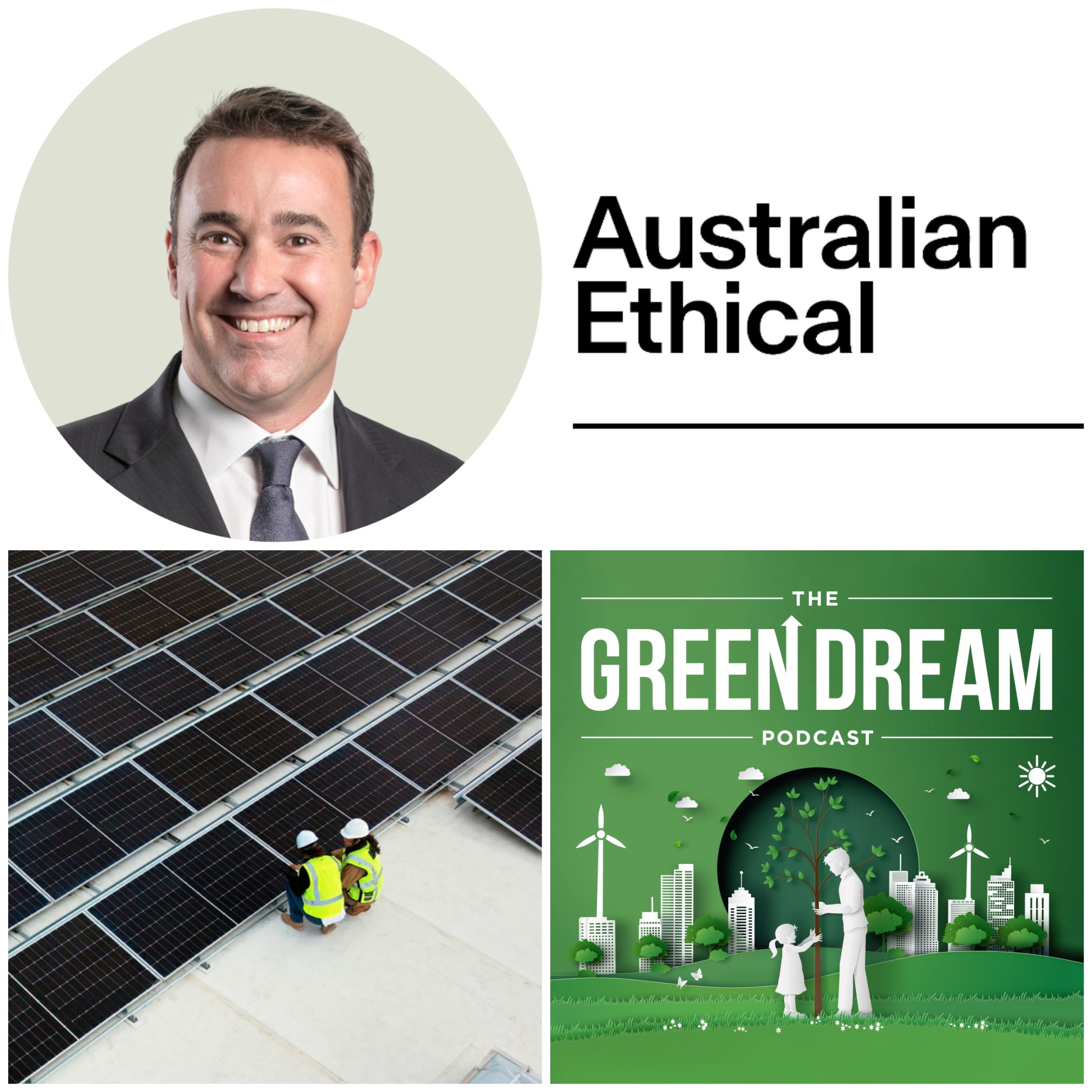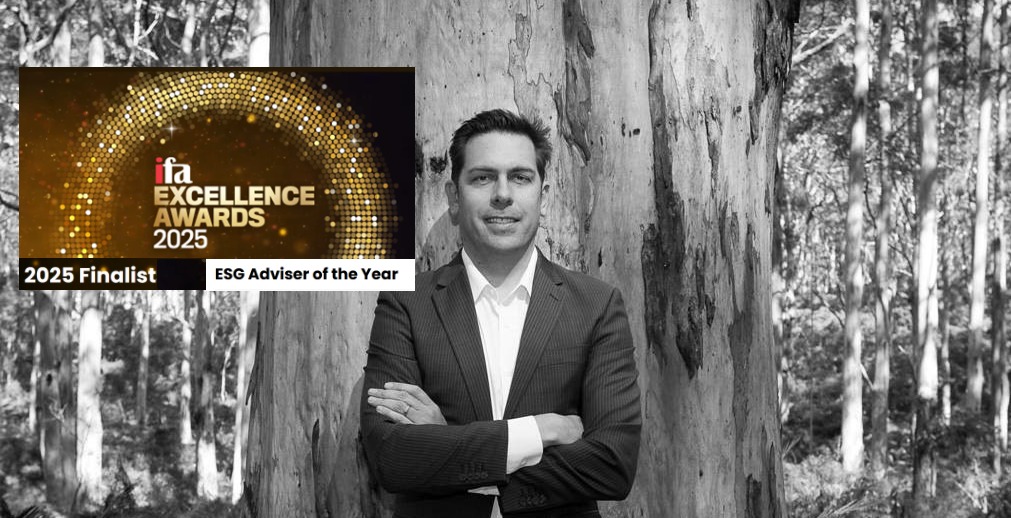Perhaps the closest thing Australia has to a ‘sin fund’ has scooped the international equities category of the Morningstar Fund Manager of the Year Awards. The Macquarie Professional Series IFP Global Franchise Fund holds tobacco companies as its top three stocks – British American Tobacco (5.6 per cent), Imperial Tobacco (4.7 per cent) and Philip Morris (4.6 per cent). News of the award comes as it was revealed by Bloomberg, through a Freedom of Information Act request, that the government’s Future Fund invested nearly $150 million on tobacco shares.
Morningstar, an independent investment research provider, says ethics have nothing to do with the fund selections. It uses both qualitative research and analysis of risk-adjusted performance when determining the winners and finalists. The winner is the fund manager that maintained the highest overall level of funds management excellence during the 2010 calendar year.
Asked whether the health risks from smoking don’t in fact present material investment risks, communications manager Phillip Gray says, “Another argument would be that these companies have very high growth prospects because of their penetration into the Asian markets where smoking is growing rapidly.”
According to the World Health Organisation (WHO), nearly 70 per cent of the lung cancer deaths worldwide occurred in high-income nations 25 years ago. Today, 50 per cent of lung cancer deaths occur in low-income nations and by 2030 that number is expected to increase to 70 per cent.
WHO has stated that tobacco use is the cause of a global pandemic in tobacco-related disease, and due to the use among young people it is also referred to as a “paediatric pandemic”.
Many investors simply screen out tobacco stocks on health grounds, evidence that use is addictive and with regard to the unethical conduct of companies in the sector. The tobacco sector’s reputation was damaged by revelations during the wave of litigation in the US which began in the mid-1990’s.
Tobacco investments are still considered a safe bet by the Australian government. According to an 11 March Bloomberg report, Australia invested $147.7 million in shares of tobacco companies via the government’s Future Fund, established in 2006 to cover pension costs of retiring politicians, judges and public servants.
The portfolio holdings in manufacturers of tobacco and cigarette producers were obtained by Bloomberg through an Australian Freedom of Information Act request.
“It seems incongruous that the government is investing in companies that will not prosper, and this should be stopped,” Steve Hambleton, vice president of the Australian Medical Association, told Bloomberg. “It doesn’t make sense when the government has launched the strongest anti- smoking measures in the world.” The Future Fund’s holdings as of the end of 2010 include $46.4 million in British American Tobacco, $36.5 million in Philip Morris and $26.1 million in Lorillard.
Senator Rachel Siewert, Australian Greens health spokesperson, said that the investments were ethically and financially flawed. “We’re trying to break the hold of tobacco on our society and yet for every packet of cigarettes sold, the Futures Fund is better off,” Siewert said in a statement. “It makes no sense for a federal government fund to be investing in a way which is so clearly at odds with current health policy.”
This article was written by Oliver Wagg, March 2011, and appeared in www.ethicalinvestor.com.au





